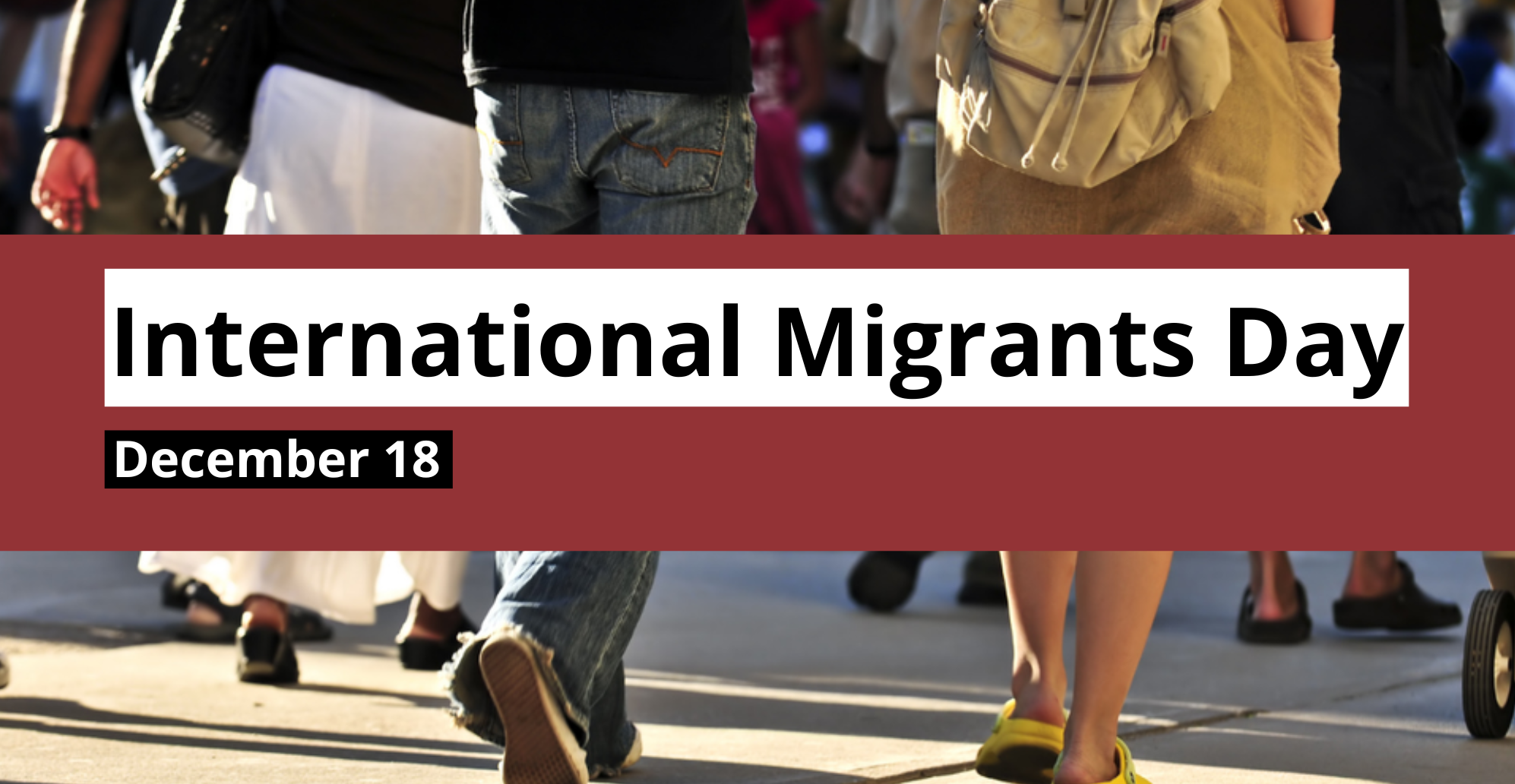News
CELSI, a leading research institute in the economics of migration, celebrates International Migrants Day
CELSI, a leading research institute in the economics of migration, celebrates International Migrants Day
Published on Dec. 17, 2024

The Central European Labour Studies Institute (CELSI), as one of the leading research institutes in the field of the economics of migration, joins in celebrating International Migrants Day.
Each year on December 18, the United Nations, through the International Organization for Migration (IOM), uses International Migrants Day to highlight the contributions made by the roughly 272 million migrants, including more than 41 million internally displaced persons, and the challenges they face.
The mobility of people interacts with ongoing technological shifts, climate change, wars and conflicts, as well as economic, social, and demographic challenges.
As a result, migration and migrant integration have become central topics in scientific and policy discourses.
Recognizing this, Labour Mobility is one of CELSI's main research areas, making CELSI a leading research institute in the field of the economics of migration in Europe and beyond: second in Central and Eastern Europe, and 172nd globally among all university departments and research institutions studying migration, according to the RePEc economic research repository.
As an internationally recognized hub for cutting-edge research in migration, CELSI's commitment and excellence are reflected in its publications in journals such as the Journal of Population Economics, European Journal of Industrial Relations, Migration Studies, Journal of Ethnic and Migration Studies, and Transfer: European Review of Labour and Research.
In the research area led by Martin Kahanec, CELSI's founder, scientific director, and the 84th most productive economist in the world in migration research, we provide comprehensive insights into labour mobility issues through various research projects.
Here are some of the most recent:
JUSTMIG: Sustainable and socially just transnational sectoral labour markets for temporary migrants.
More at: https://www.celsi.sk/en/justmig/
BARMIG: Bargaining for working conditions and social rights of migrant workers in Central East European countries.
More at: https://www.celsi.sk/en/barmig/
POSTING.STAT 2.0: The project aims to complement the statistical information collected on intra-EU posting at the European level by bringing together a research consortium from the main sending and receiving Member States of posted workers.
More at: https://hiva.kuleuven.be/en/research/theme/welfarestate/p/POSTING-STAT20
"Labor mobility can create a triple win - for receiving economies, source countries, and the migrants themselves. However, for this to happen, effective migration and integration policies must ensure the efficient selection of labor migrants and their full integration into receiving countries," remarked Kahanec. "We hope that our research will contribute to policy reforms that ensure such positive outcomes," he added.